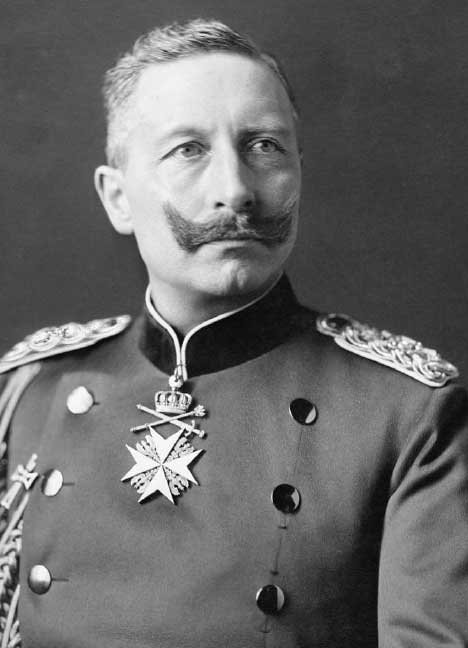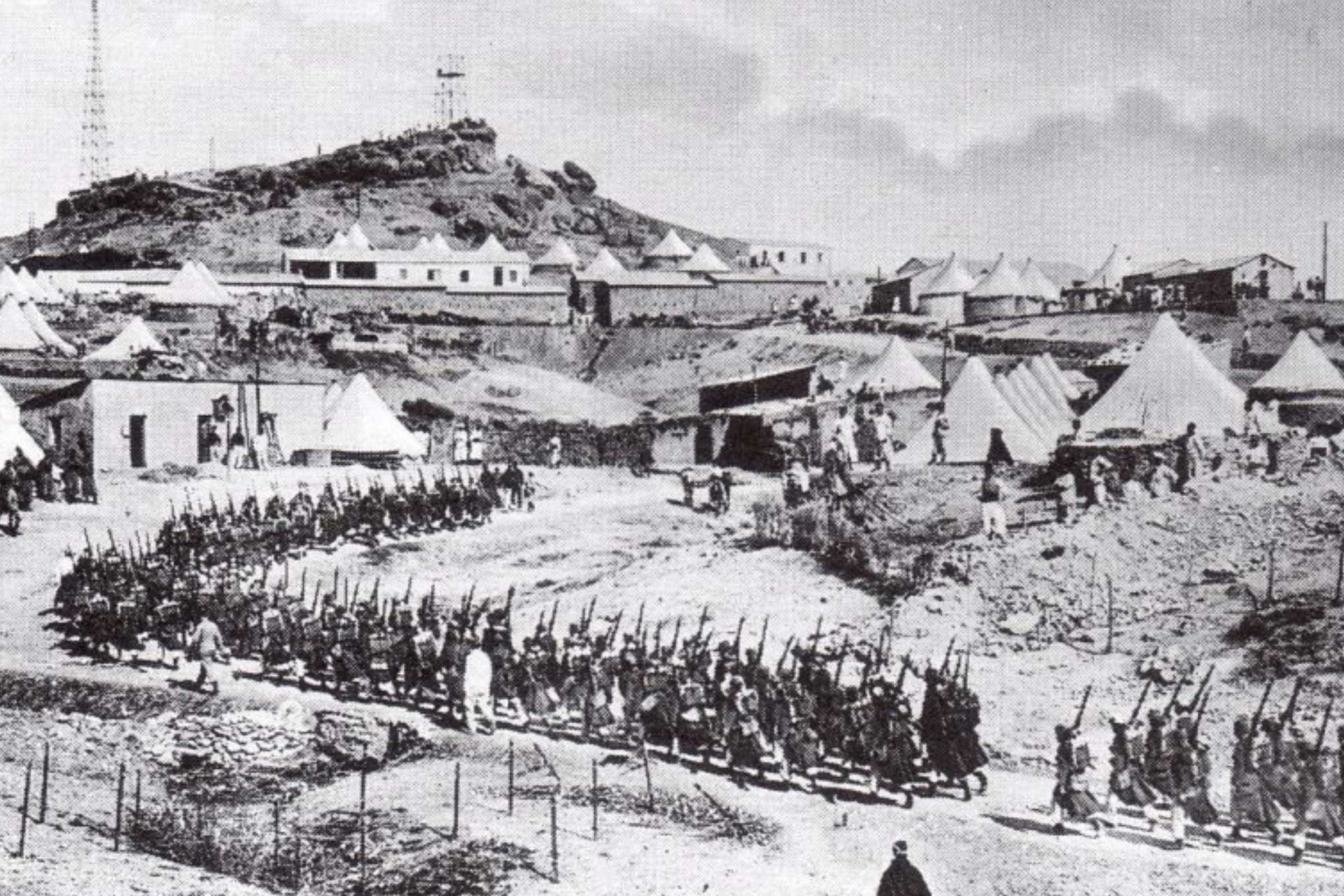Fragment of the First World War: The Crisis at Agadir
Most people think that World War I broke out after an unexpected assassination, a series of events that quickly flared up. But the outbreak of the First World War was actually known long beforehand. The tensions between European states, which had started after the partition of Africa, increased day by day and reached a peak after the 1st and 2nd Moroccan crises. At this point, an understanding of the Moroccan crises, especially the 2nd Moroccan Crisis, known as the Agadir Crisis, is essential for a proper analysis of World War I.
At the time of the partition of Africa, Germany had just achieved its unity and thought it was ready to step onto the world stage. Although it had proven itself by defeating France in 1871 and advancing all the way to Paris, it was still far from being able to compete with Britain and France in colonialism. While countries close to each other such as England, France, Belgium and Portugal had taken a large part of Africa, Germany was forced to be content with only Mozambique, Cameroon and Namibia, which were not very bright colonies. Uncomfortable with this situation, Germany wanted more. Morocco was a good candidate for this. Both its strategic location and its location across the Strait of Gibraltar attracted European states. In fact, before the Agadir Crisis, which I will explain in detail, European states had once again clashed over Morocco for this reason. After the conflicts in this process, it was decided to hold an international conference in Morocco in 1905[1]. Germany thought that it was ahead in this conference and would get what it wanted. But contrary to expectations, this conference ended in defeat for Germany. States such as Britain, the USA and even Italy, which was in Germany’s Triple Alliance, supported the French policy[2]. This result forced Germany to postpone its plans for Morocco

After 6 years, a revolt against the Sultan in Morocco reignited this crisis. When the uprising reached a dangerous level, the Sultan of Morocco asked France for help and France intervened by sending its navy and troops from nearby Algeria. The Germans believed that the uprising was fomented by the French in order to increase French control over Morocco. For this reason, they sent the ship “Panther” to the port of Agadir, which was itself in a critical position when the French sent troops. Although their aim was supposedly to protect German commercial gains, this aim was very clear, as I have already mentioned. Moreover, during this crisis, the Germans were still following Bismarck’s policy and thought that countries like Britain could not interfere. However, after this incident, the Germans, led by Britain and Italy, faced great reactions from the international community. As the situation escalated, all three countries began to prepare for war. Although Kaiser Wilhelm II and the German generals confidently wanted war, sensible bureaucrats and experienced diplomats were aware that this was a utopian idea. Therefore, they persuaded the German top leadership to back down for the last time, albeit with difficulty, and the 2nd Moroccan crisis ended in defeat for the Germans.

Kaiser Wilhelm II
Especially the Agadir Crisis (2nd Morocco Crisis) showed the world that the Germans would not back down and that the next crisis would result in war. In addition, this crisis also had important implications for Germany. After this crisis, Germany realized that its only real ally was Austria-Hungary, rather than Italy, and that the Bismarckian policies that led them to collapse could no longer be sustained[3]. The Agadir Crisis and its aftermath taught us not only the fallacy of the generalization I mentioned at the beginning, but also a valuable lesson that policies that depend on the charisma, talent and power of a single man in diplomacy are not sustainable, and that conducting an institutionalized and internationally respected diplomacy will always take us one step further.
Mert Kahve
[1] Trueman, C. (2015). “The First Moroccan Crisis”. The History Learning Site.
[2] Ibid
[3] Lewis, N. S. (1977). German Policy In Southern Morocco During The Agadir Crisis Of 1911. ProQuest Dissertations & Theses Global. https://www.proquest.com/dissertations-theses/german-policy-southern-morocco-during-agadir/docview/302840170/se-2
•




Comments